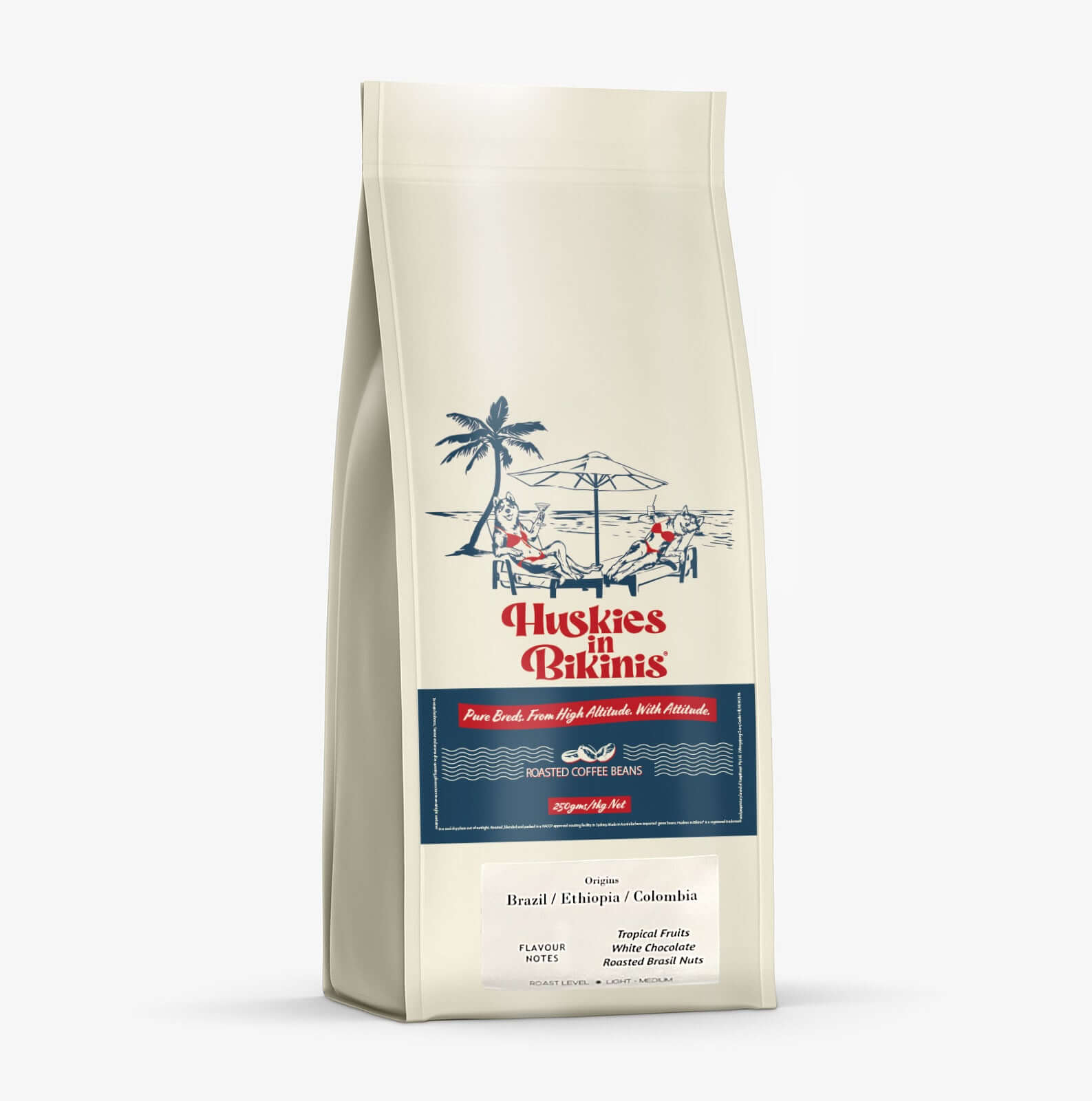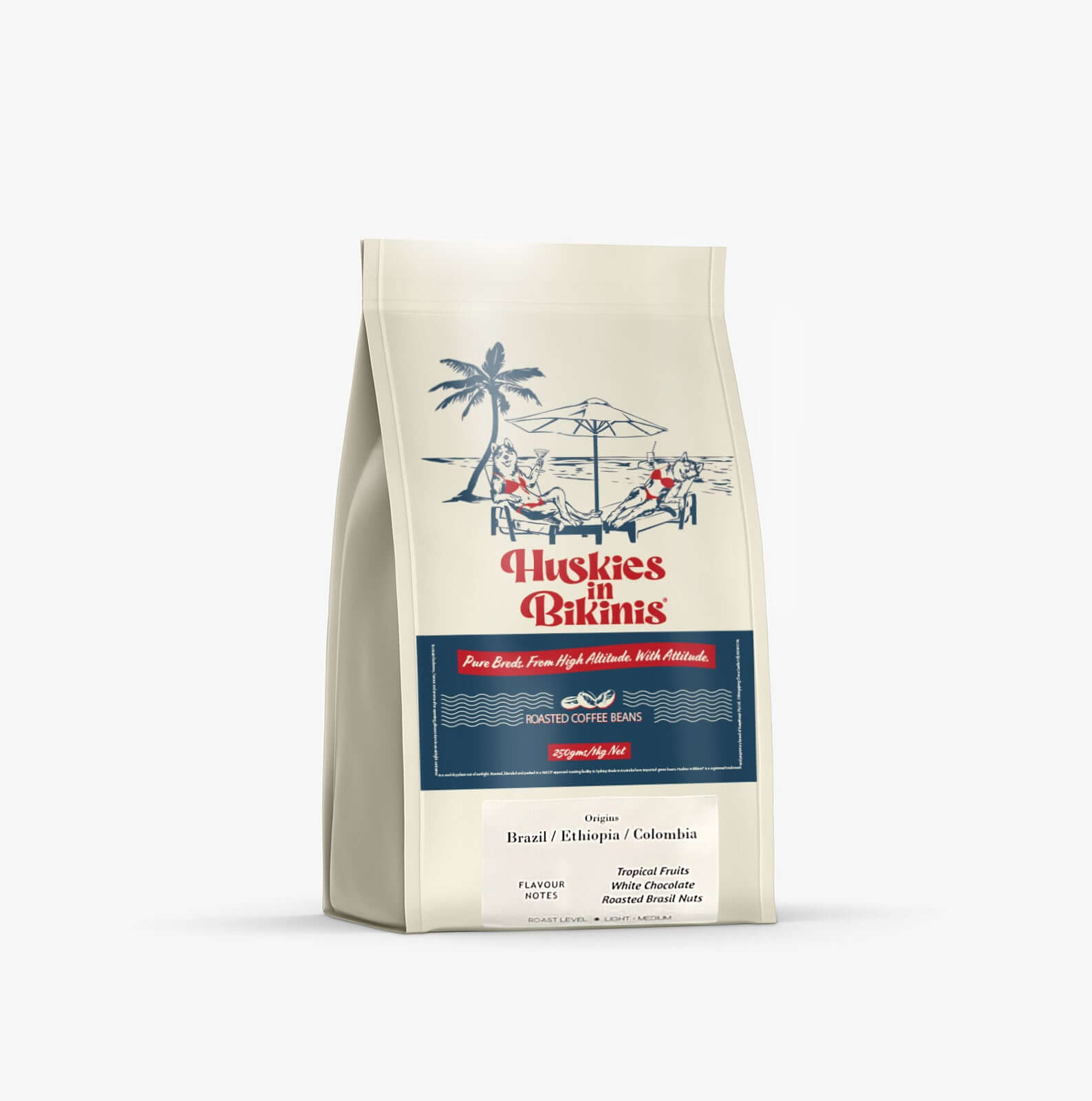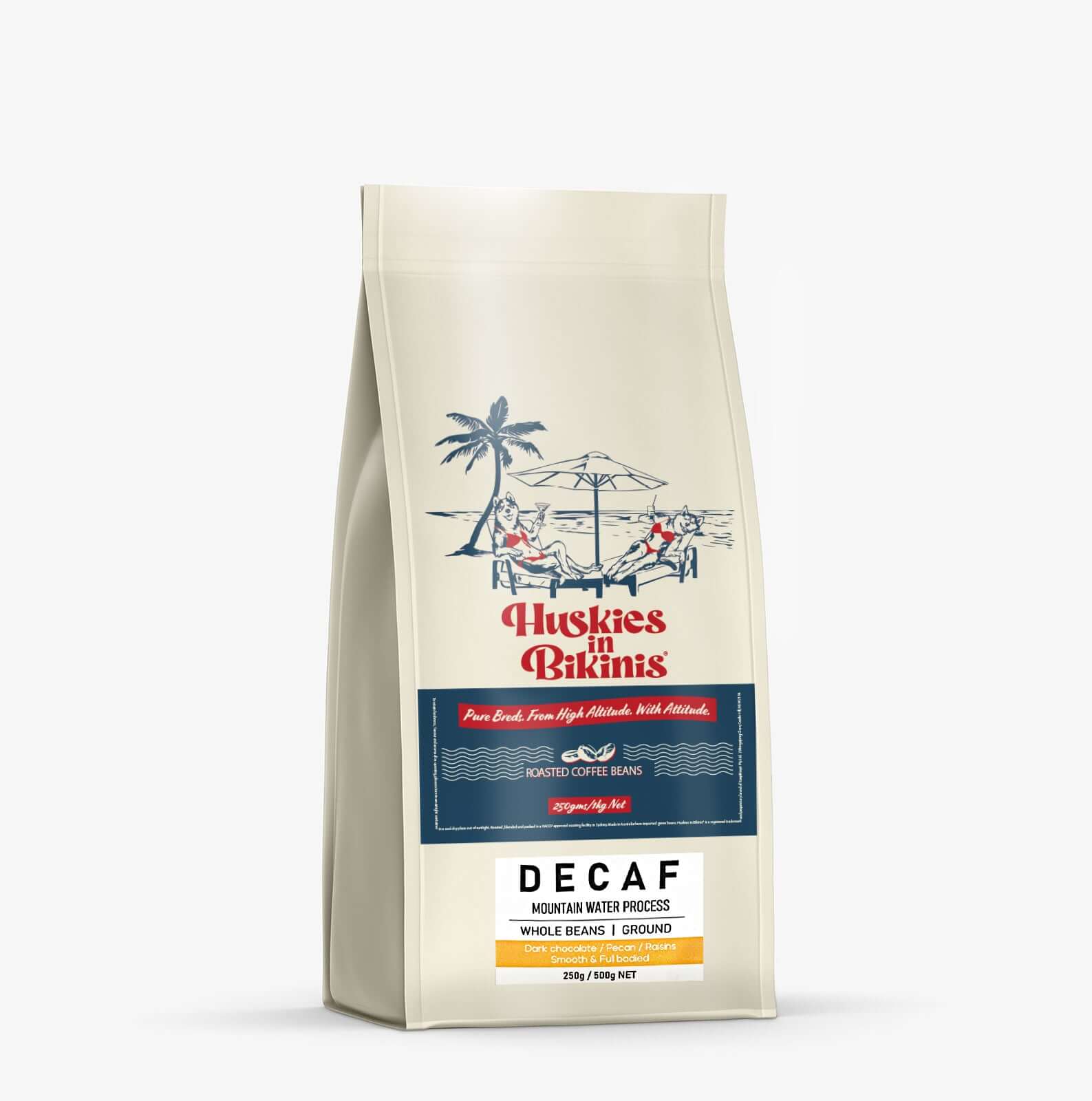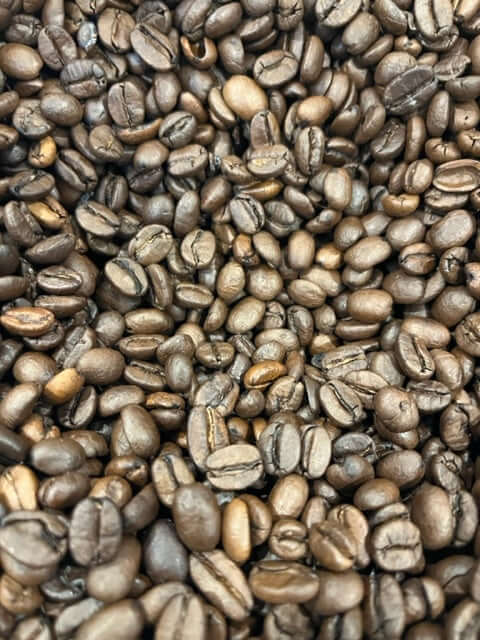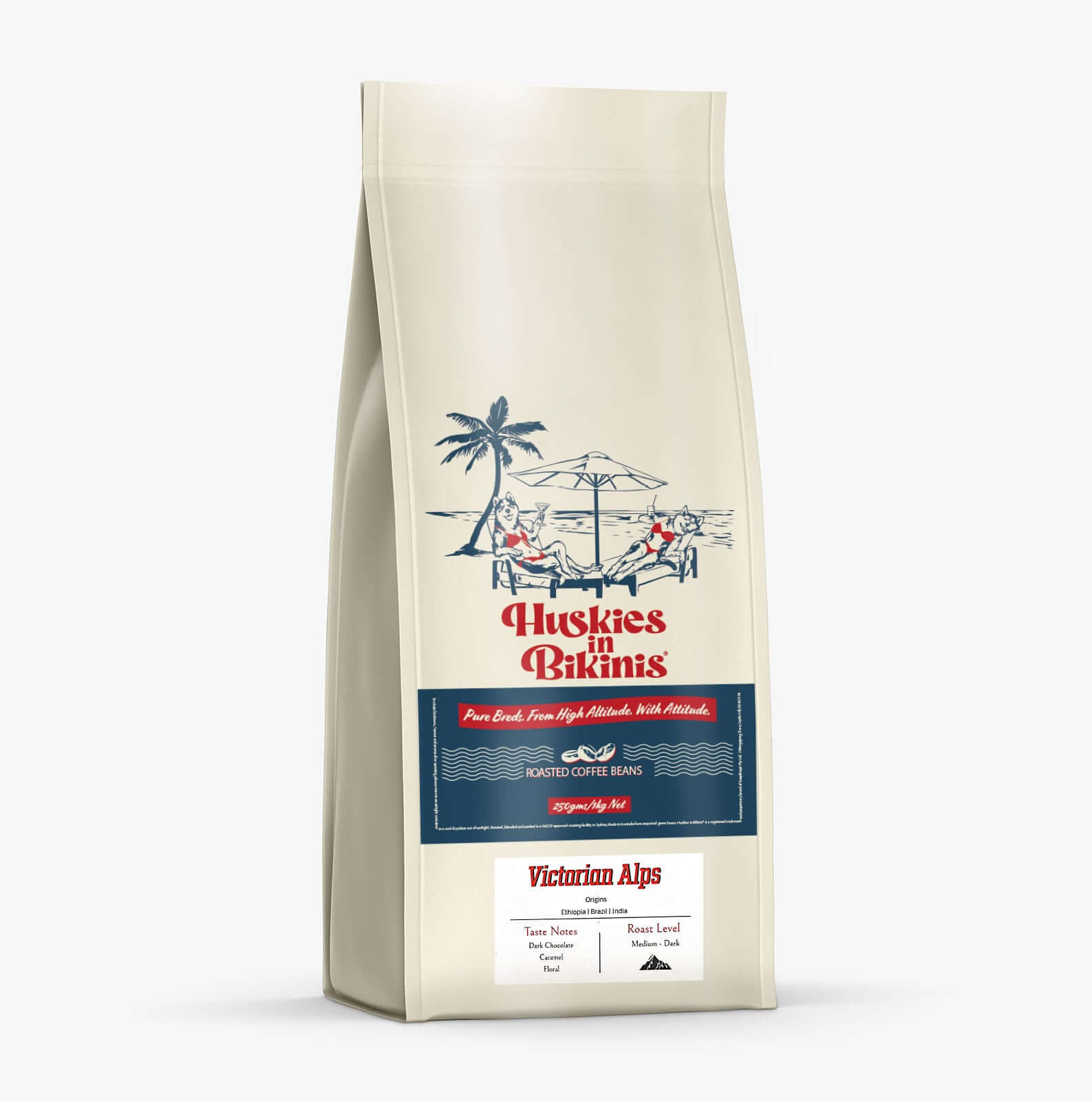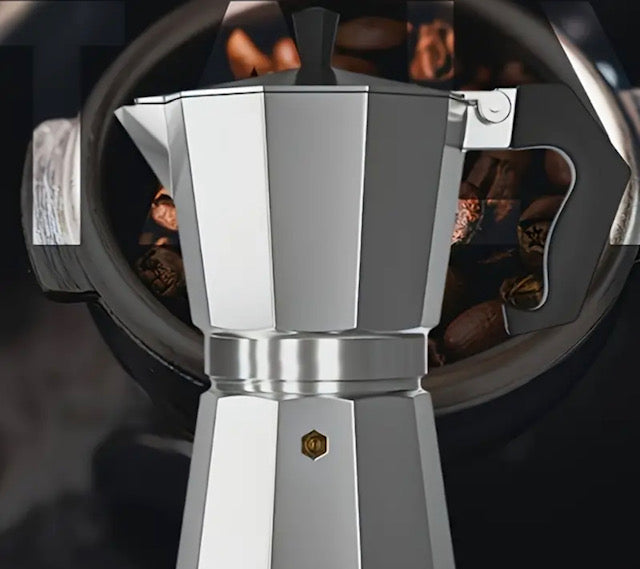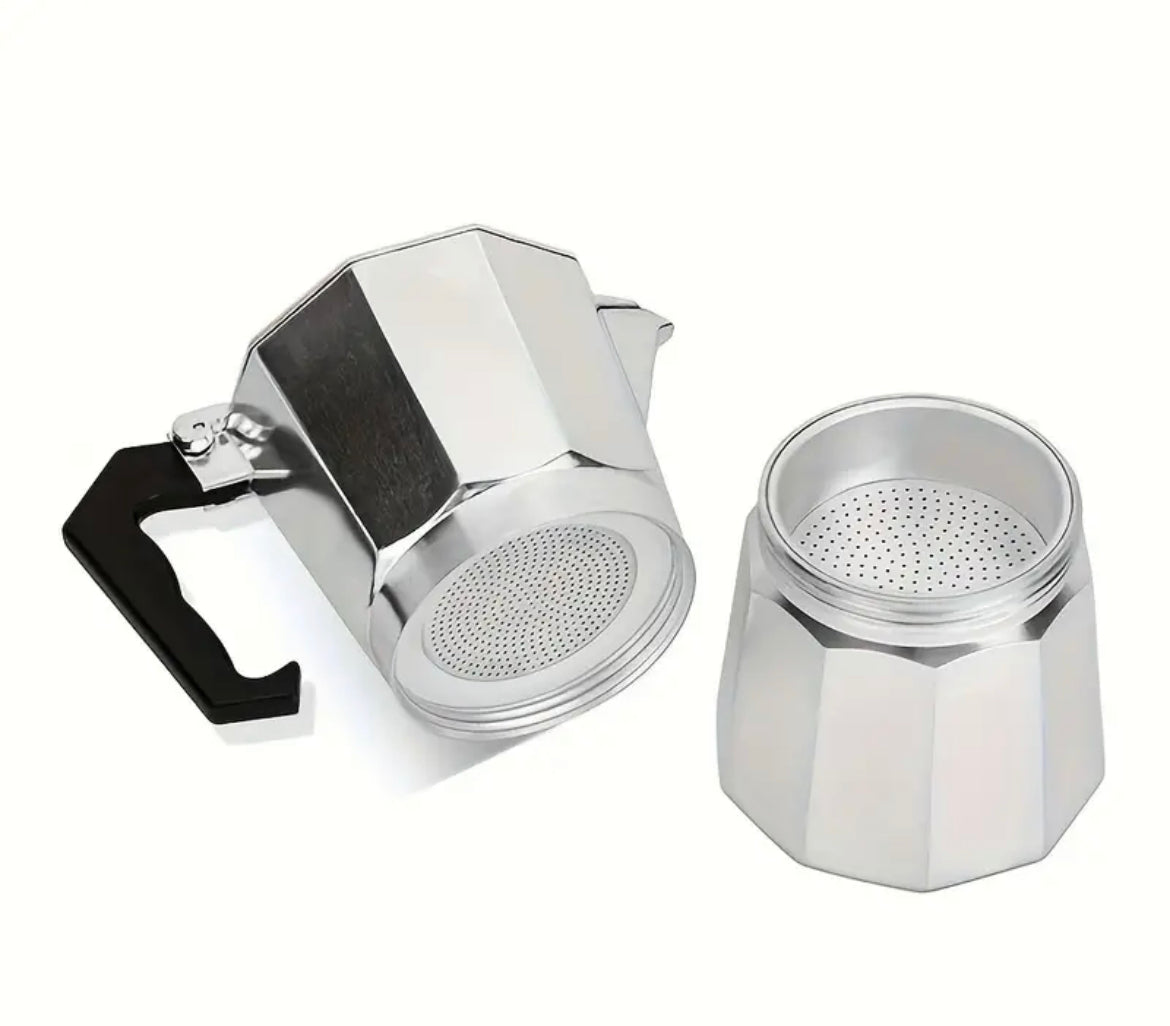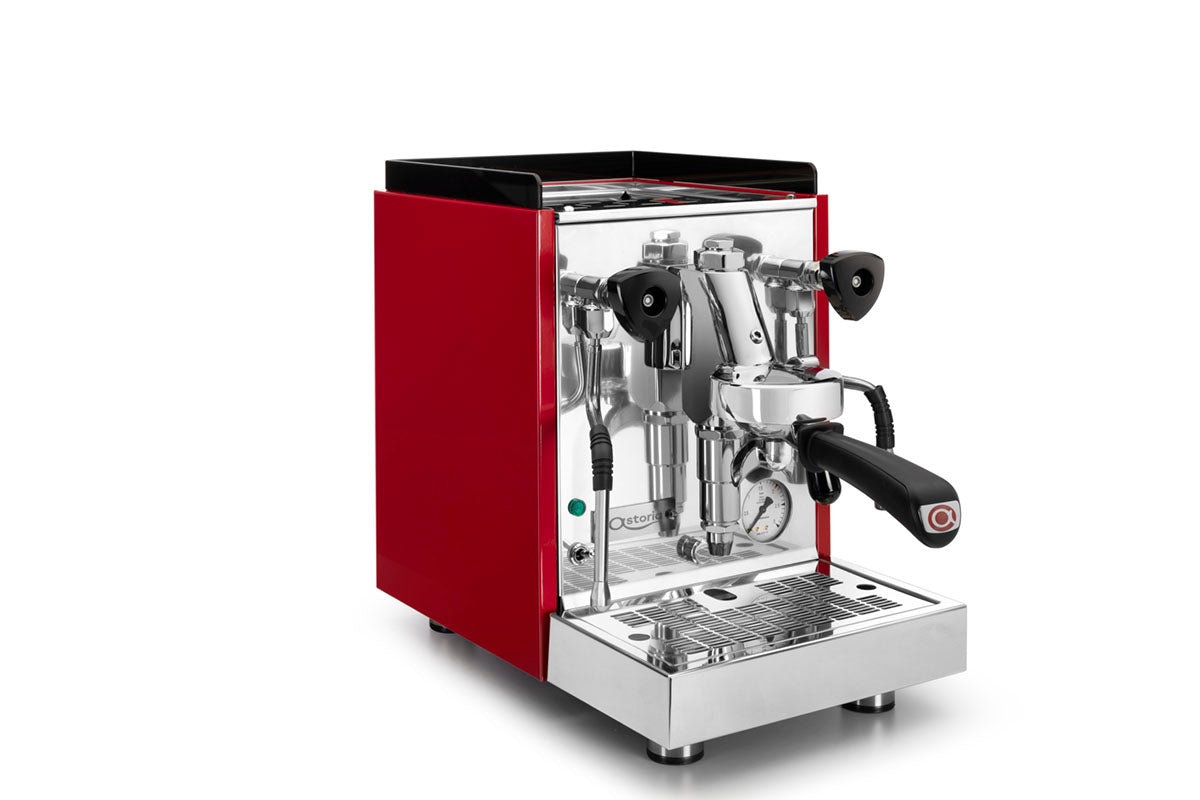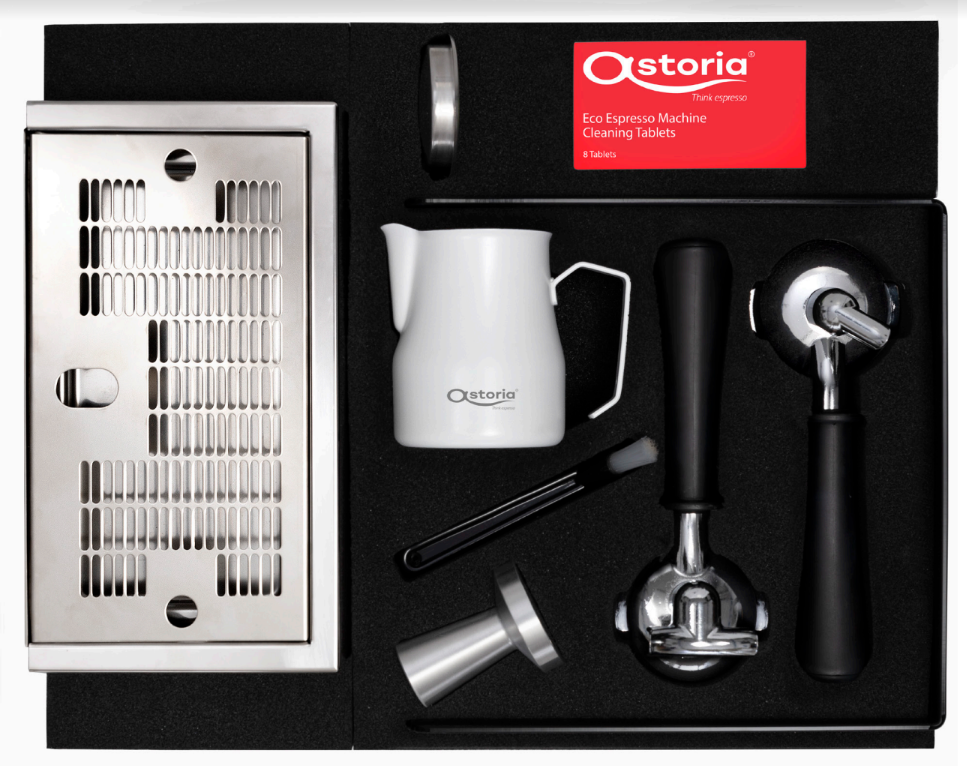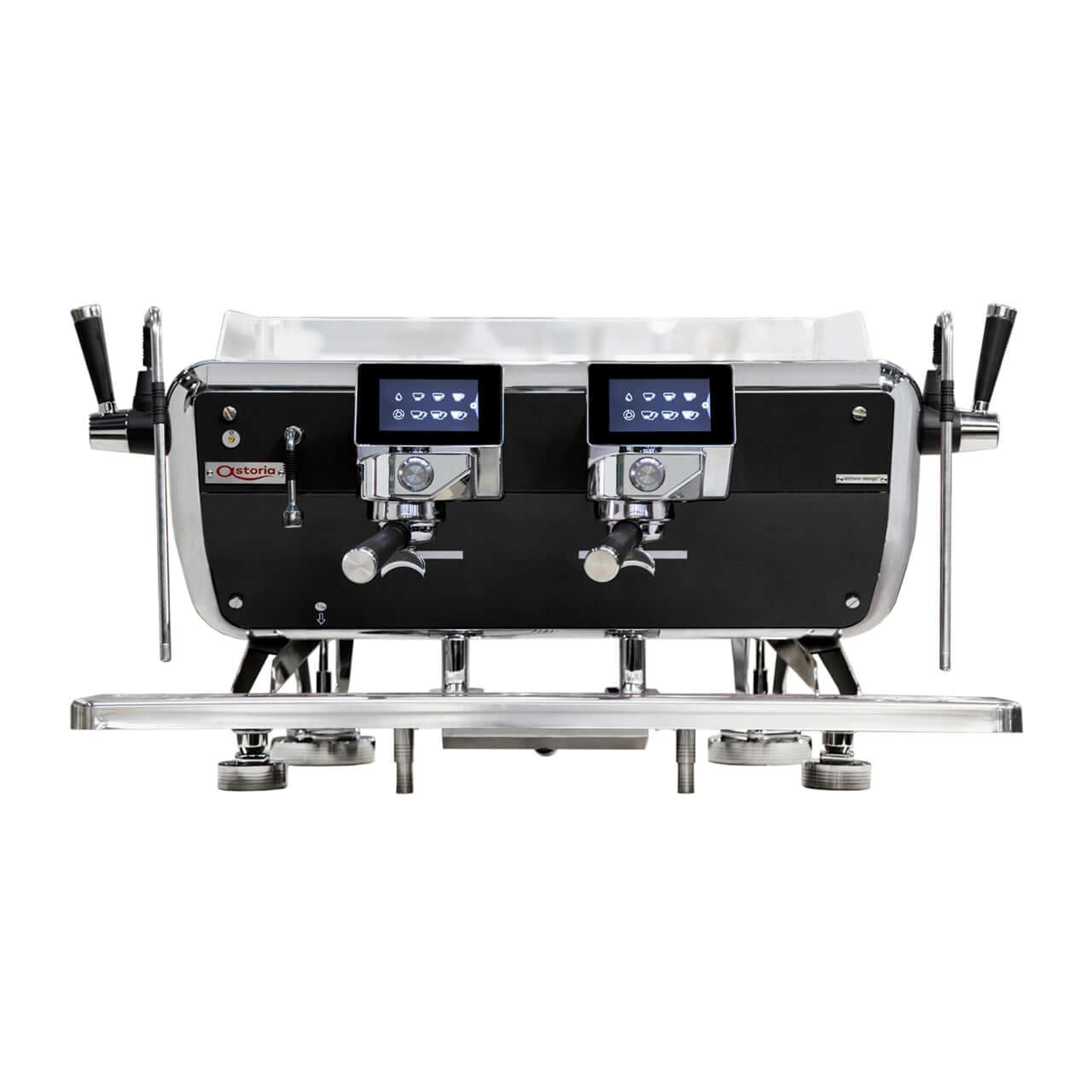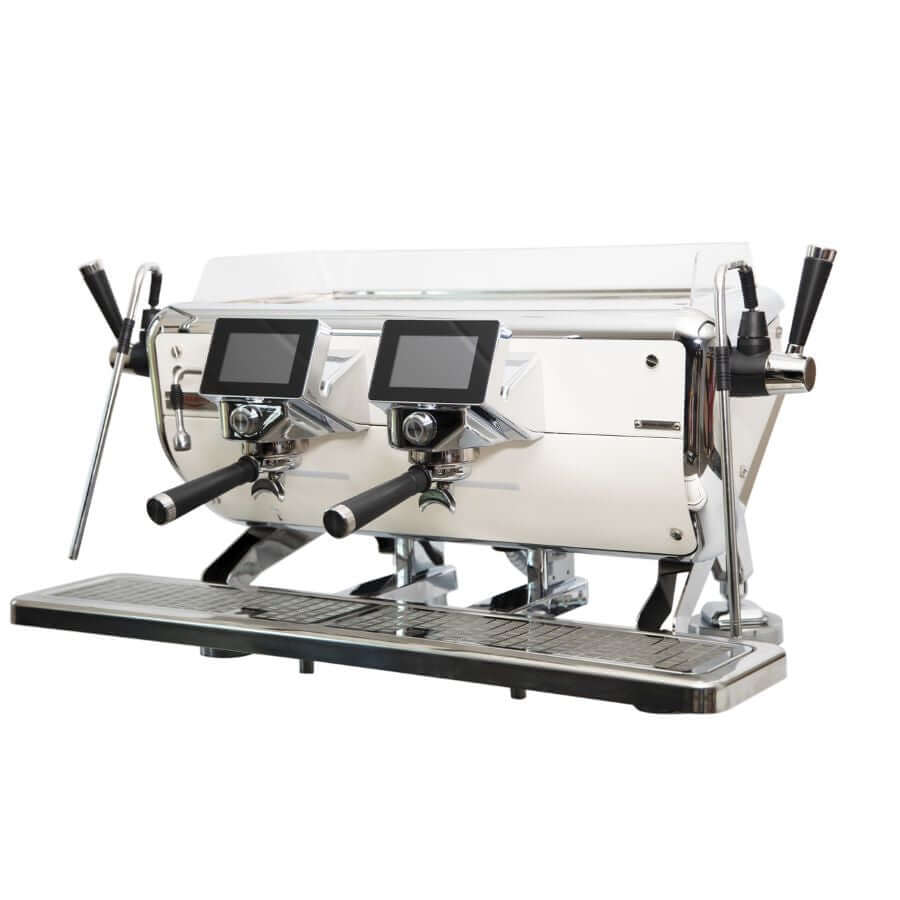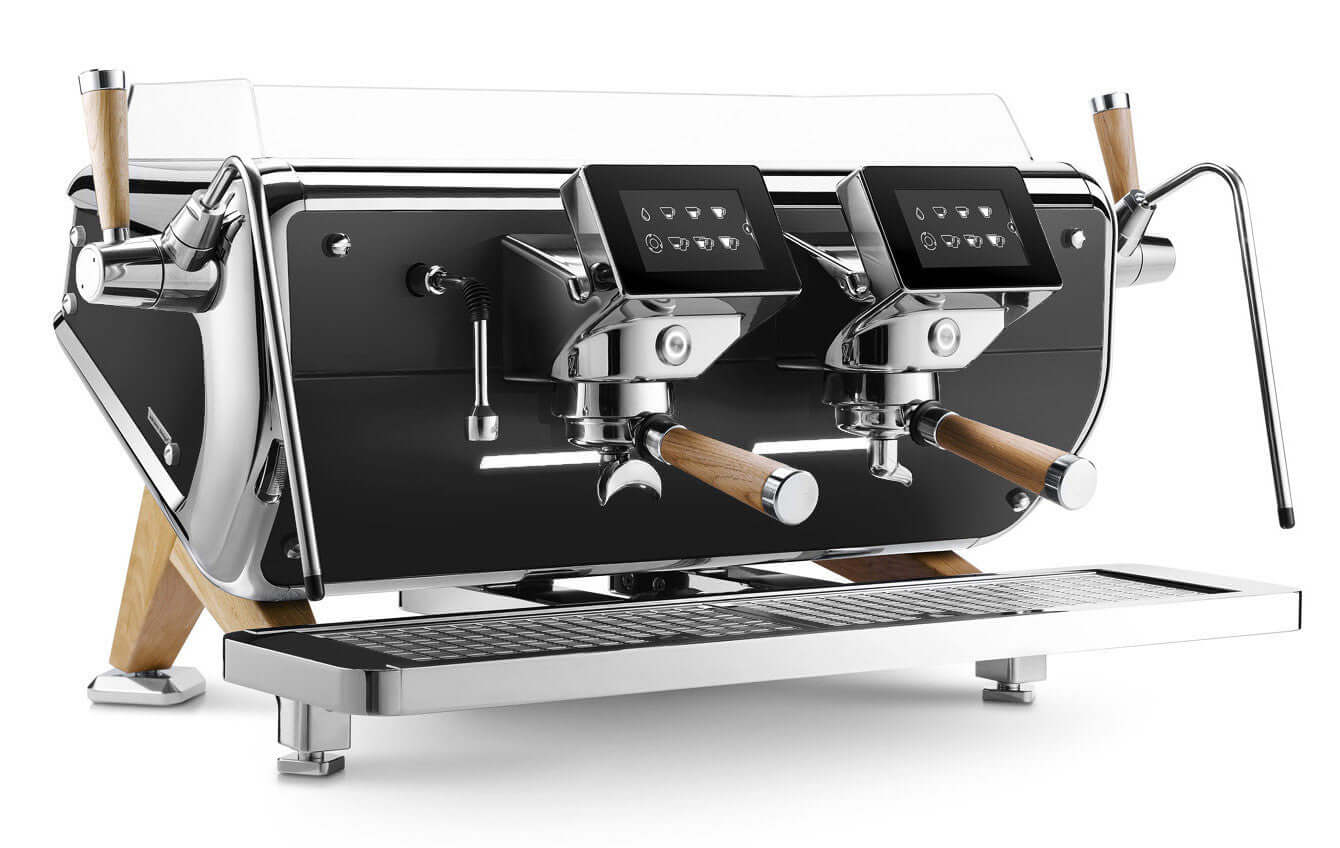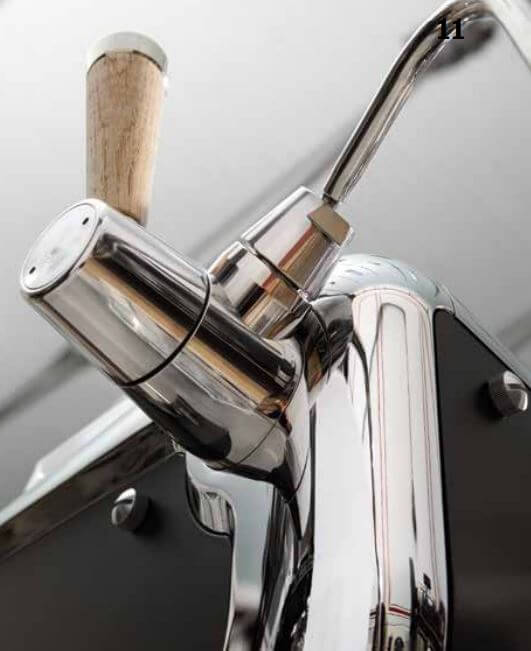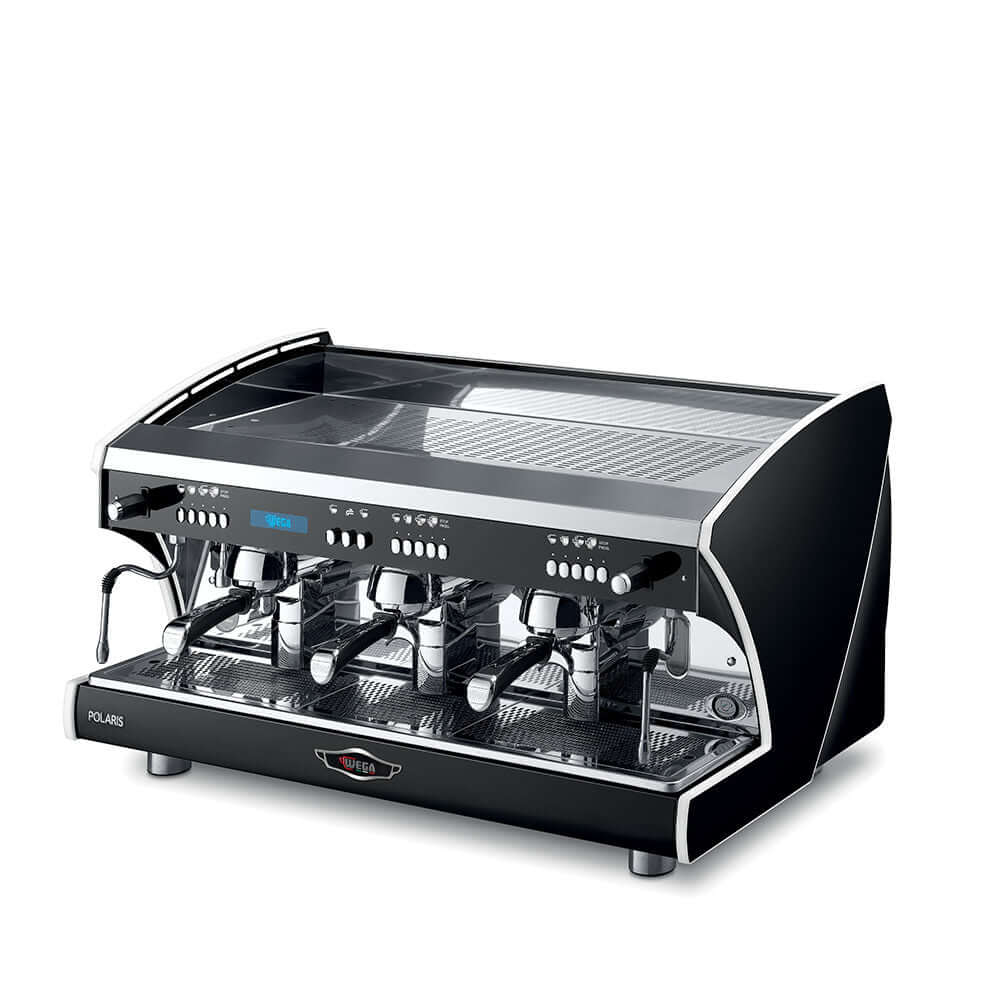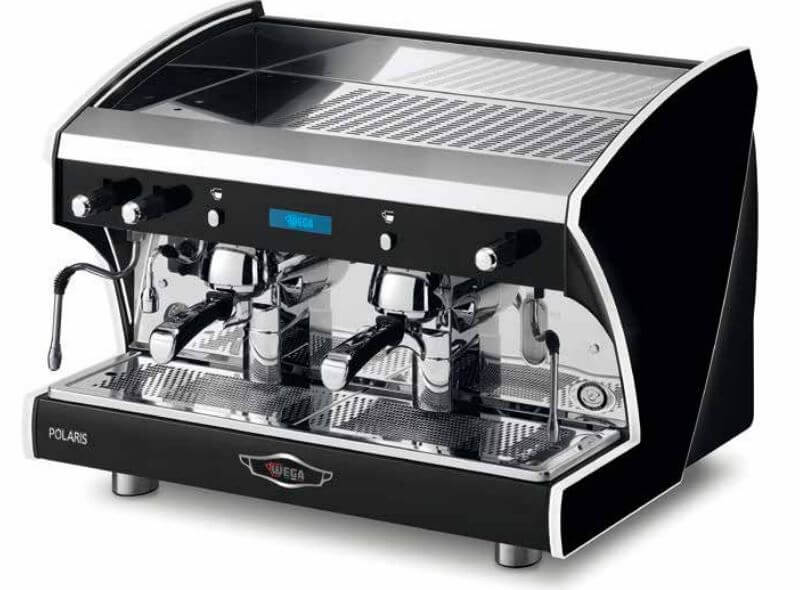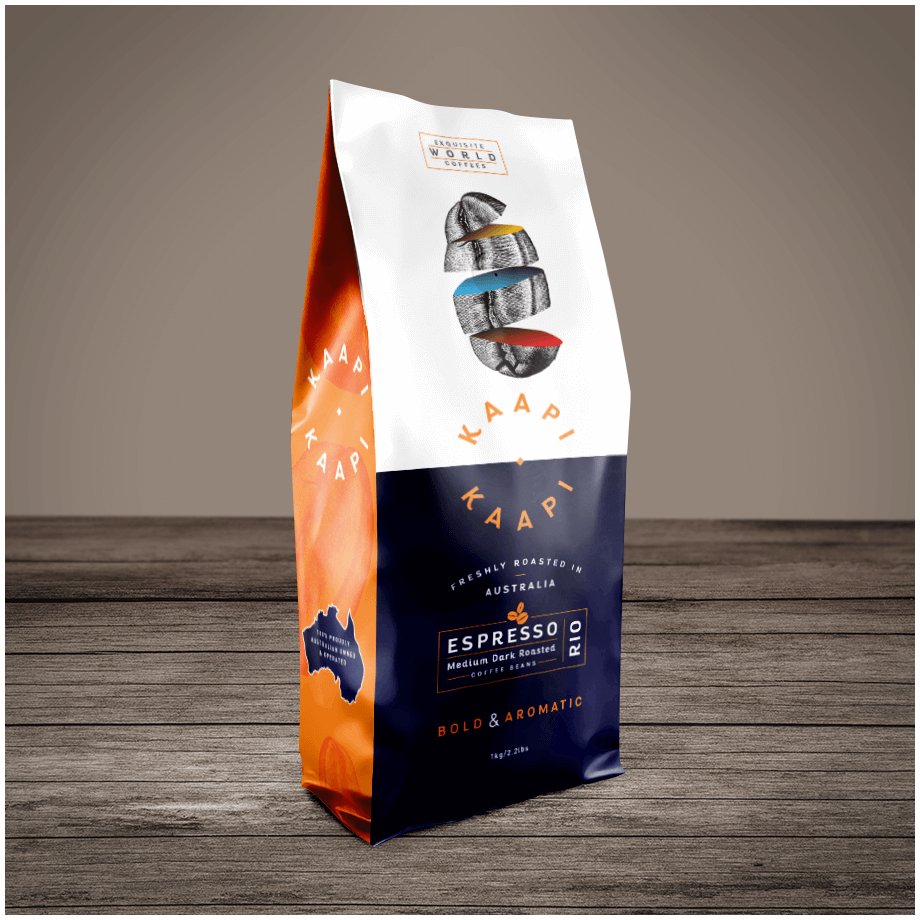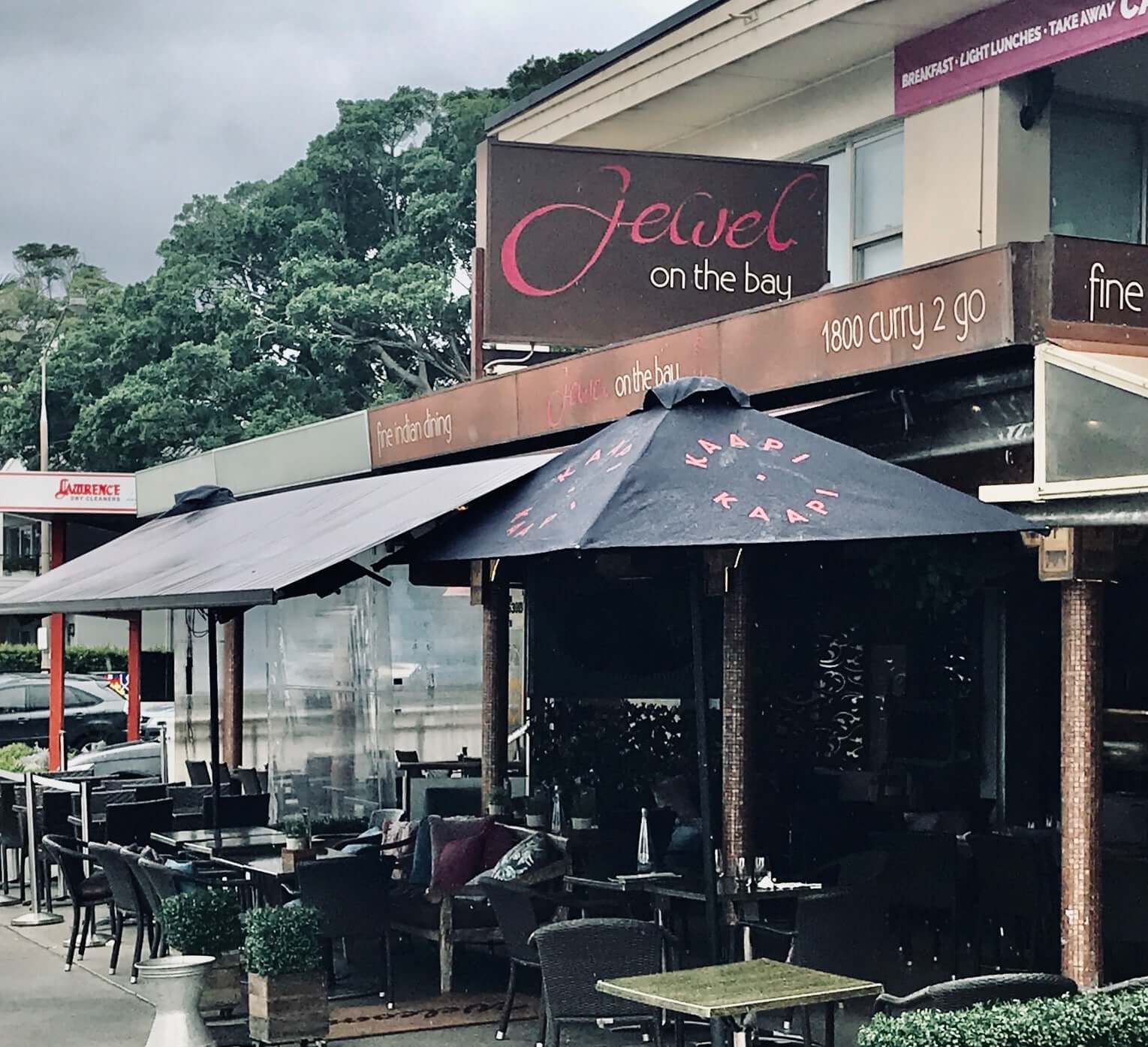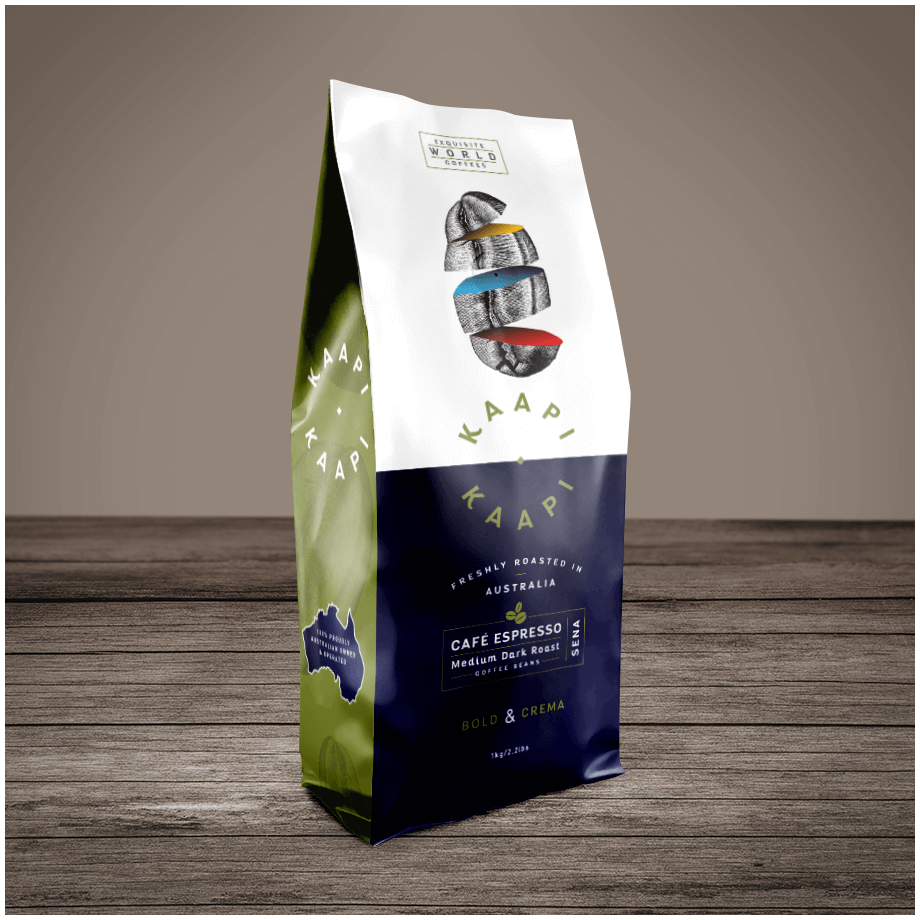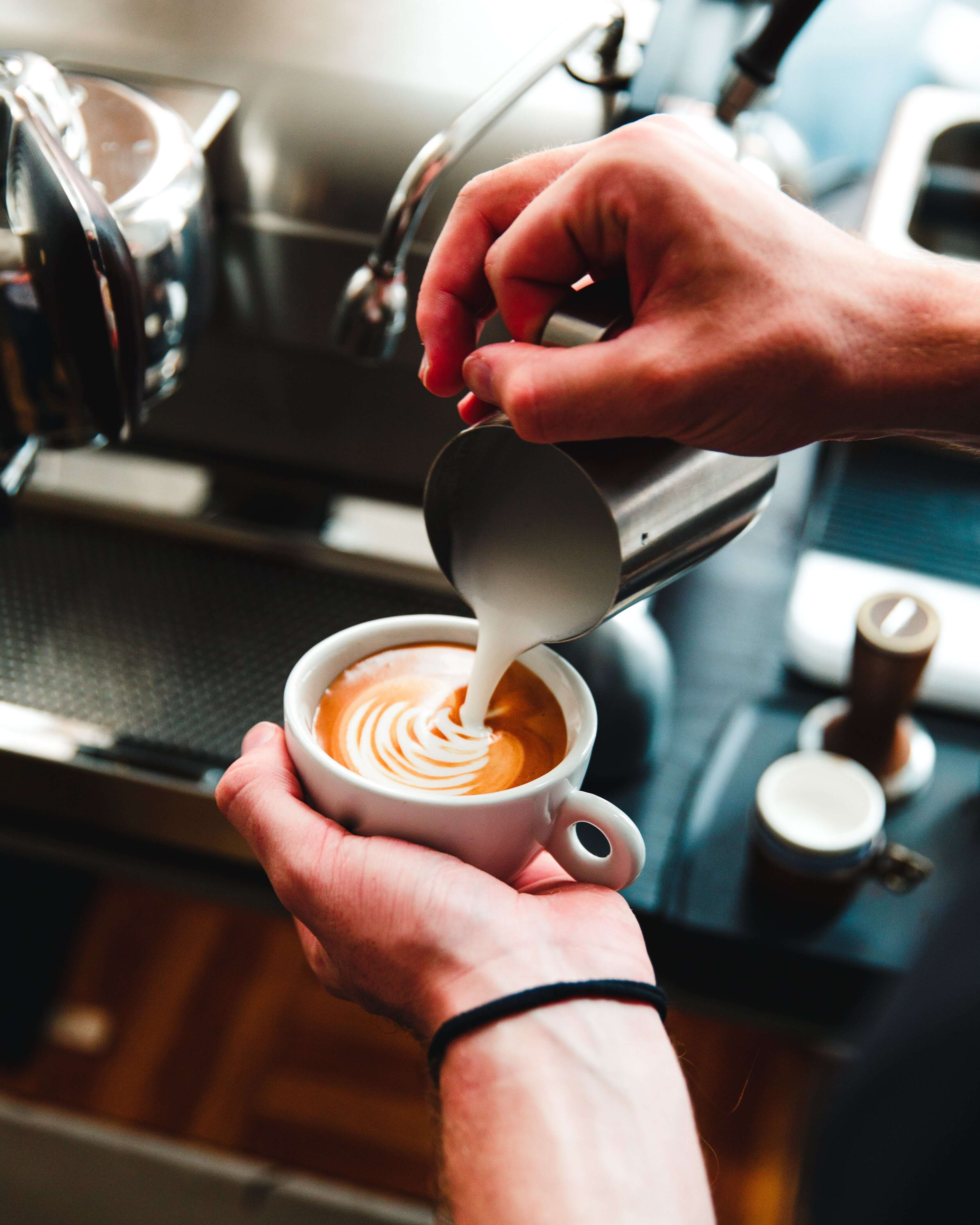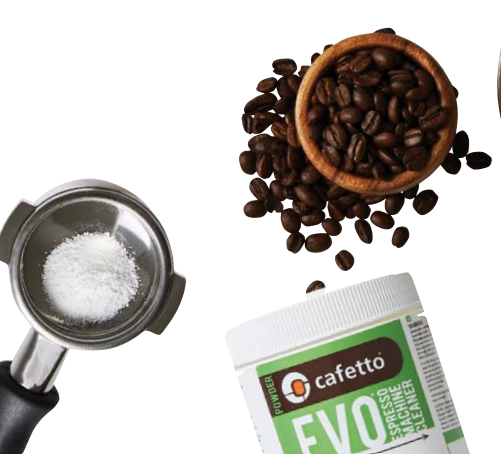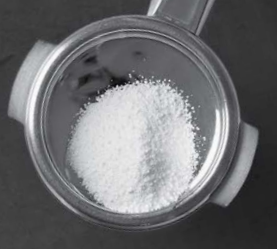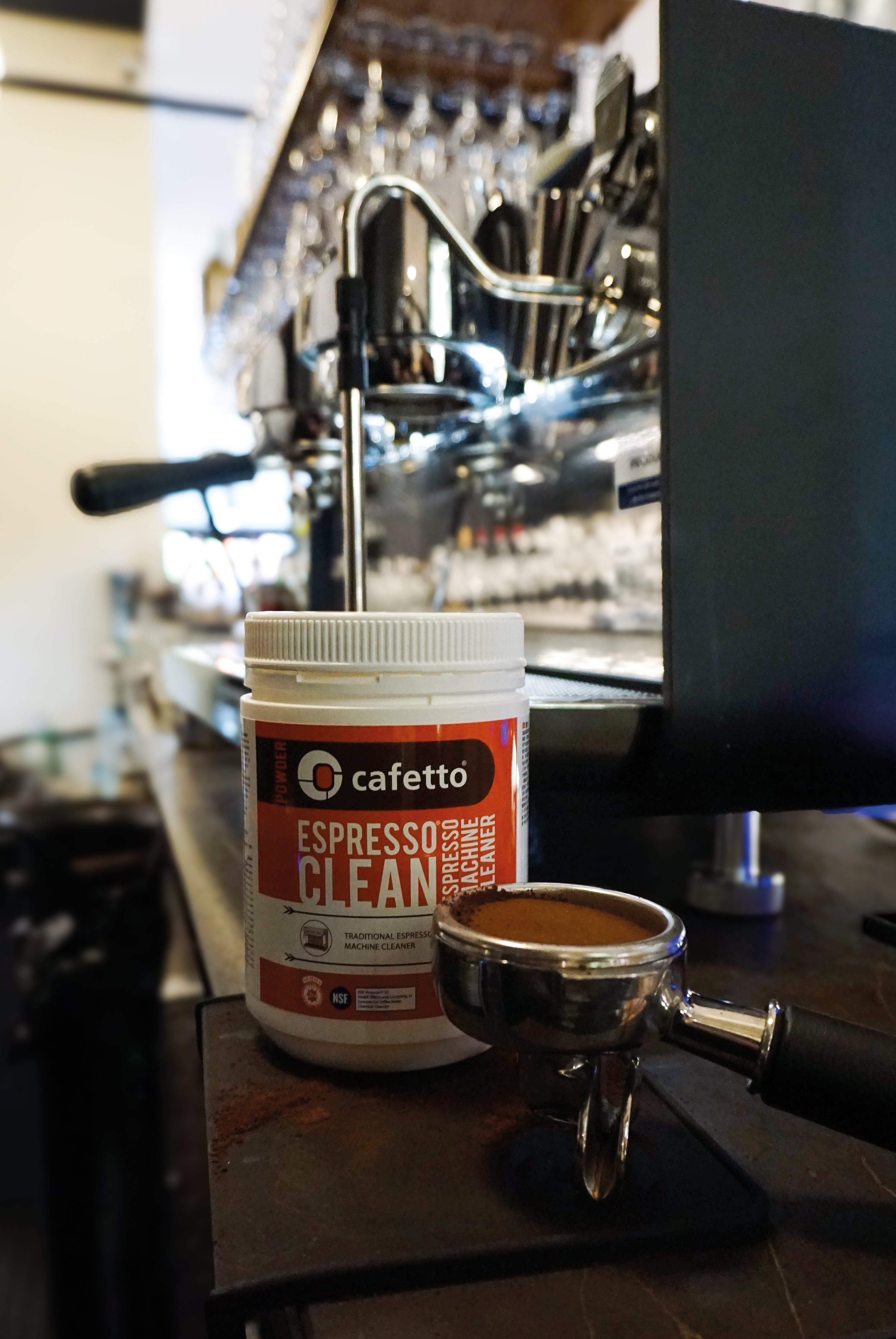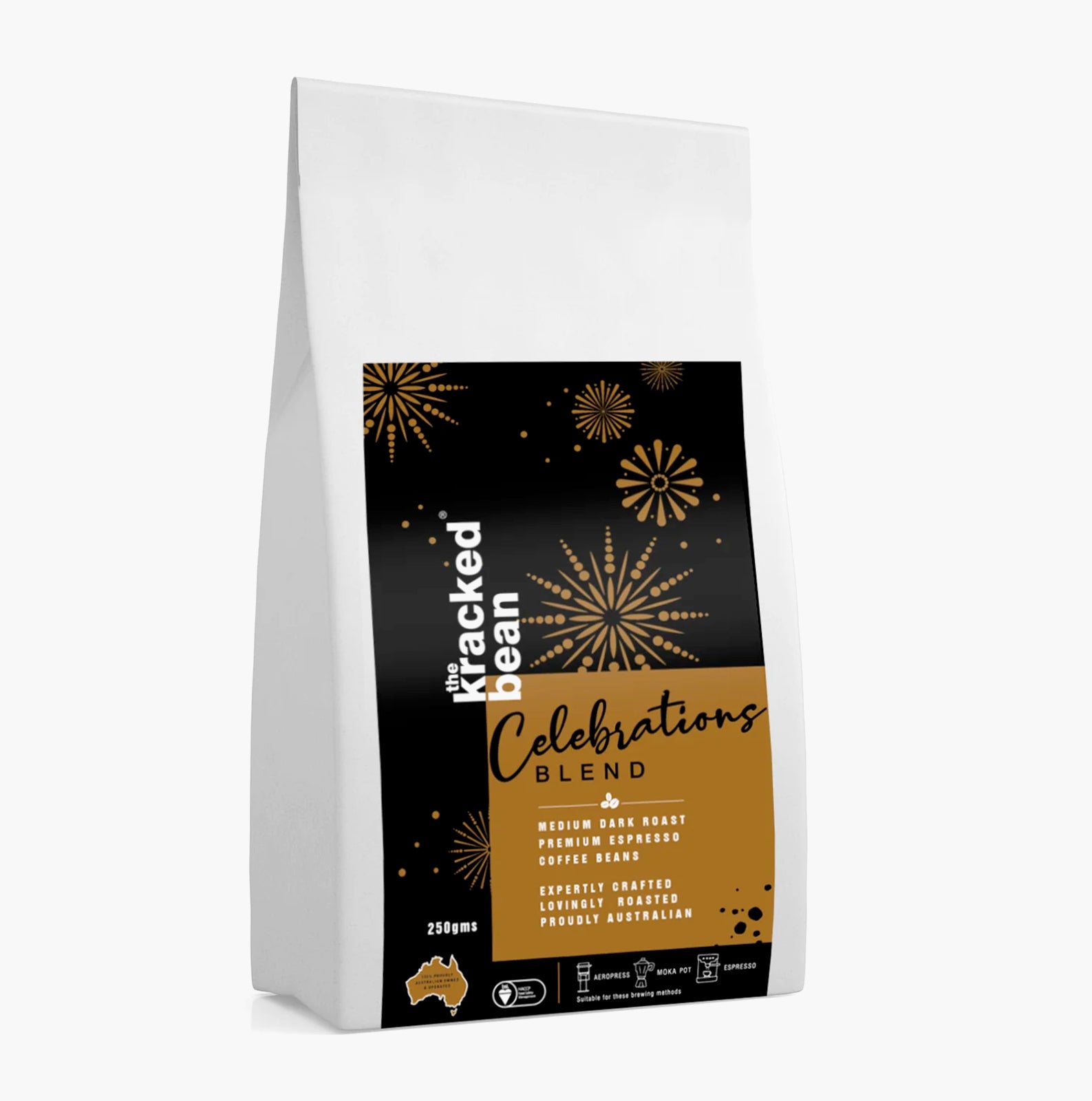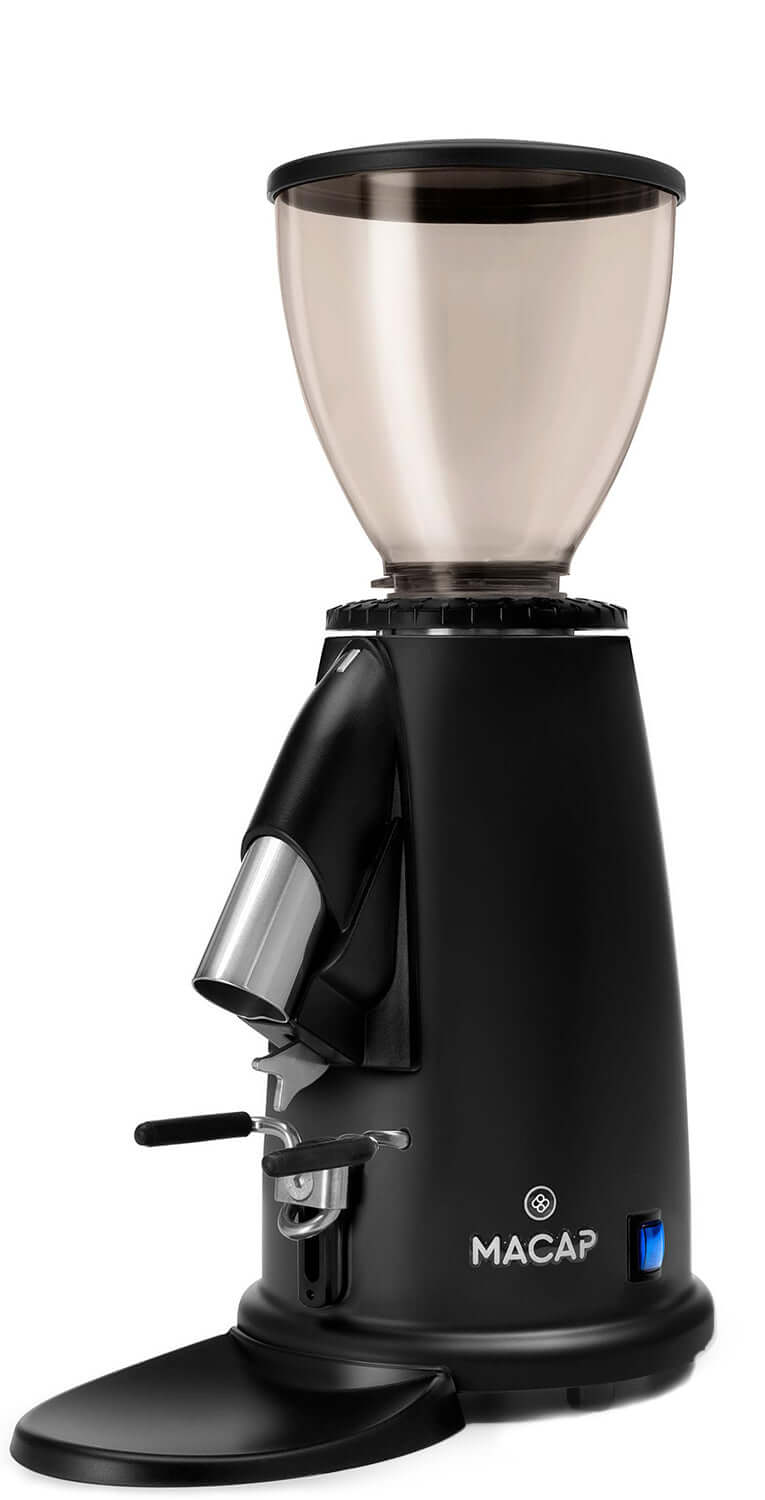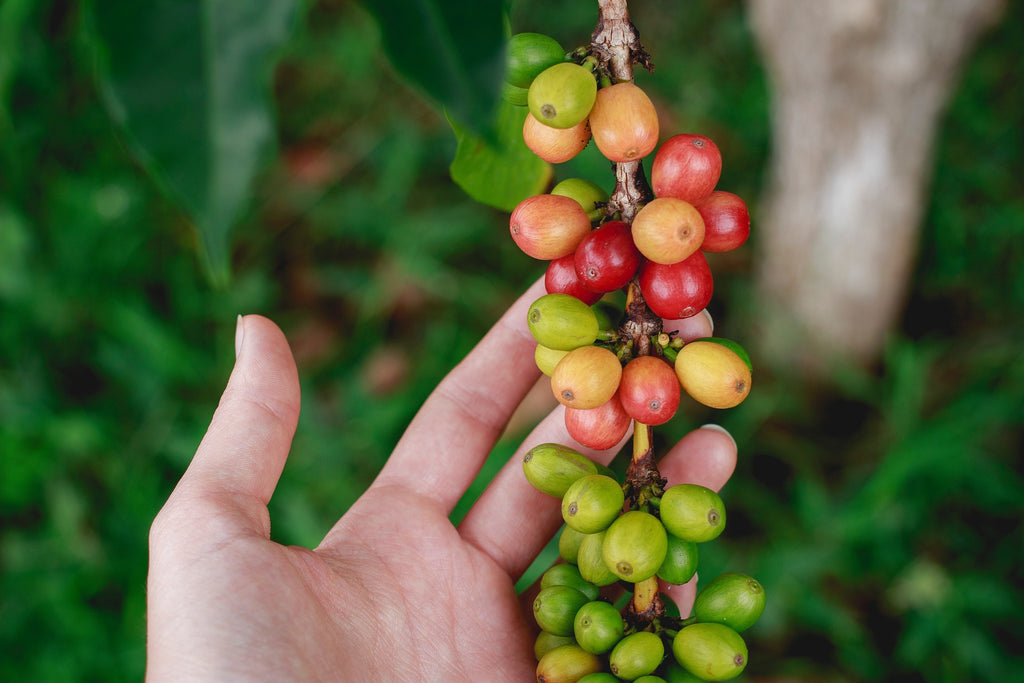
Sustainability in the Coffee Industry

The worlds unrelenting demand for coffee is no surprise with Australia importing roughly 80,000 tonnes of coffee beans each year. A majority of these beans are provided by the thousands of coffee farmers around the world, some whose families have been in the business for generations. The massive scale, complexity and saturation of the coffee supply chain has not only had a negative impact on the environment. Up until recently, coffee farmers have not seen their fair share of the profits. Efforts such as the Fairtrade movement and Rainforest Alliance have been established to mitigate the gap in revenue between large coffee importers and farmers while educating coffee growers on environmental sustainability.
Fairtrade coffee started as a response to plunging world coffee prices in the 1980s. One aspect of Fair trade involved setting price benchmarks for coffee producers. As outlined by Fairtrade.org, “Certified coffee producer organisations are guaranteed to receive at least the Fairtrade Minimum Price for their coffee, which aims to cover their costs of production and act as a safety net when market prices fall below a sustainable level.”
Aside from fair price and direct trade, Fairtrade promotes fair labour conditions, community development and environmental sustainability. Coffee plantations require a lot of space with Australian plantations containing a minimum of 25,000 trees for a viable business. These coffee plants extract a lot of nutrition from the soil while the size of these plantations reduces local biodiversity. Fairtrade seeks to manage these environmental impacts by implementing water conservation and introducing intercropping (growing two or more crops in proximity to improve soil fertility and protect against erosion). Many Australian cafes have chosen to source Fair trade and Rainforest Alliance coffee while some coffee roasters exclusively sell fair trade coffee.
It isn’t by chance that sustainability has become a buzz word over the last decade. Efforts to reduce our environmental footprint has resulted in an influx of organic products and businesses that are focused on becoming carbon negative. Biodegradable packaging and cups have increased in availability and Australian states New South Wales and Western Australia have announced an accelerated plan to ban single use plastics. While this move might be labelled as forceful, many cafes and restaurants in South Australia (where the ban has already commenced) recognise the importance of sustainable operations.
Tags: Coffee Roaster, environmentally friendly, coffee beans, rainforest alliance, coffee beans Australia, Sydney coffee roaster, green coffee beans, coffee supply, single use plastic, coffee cherry, Sydney cafes, café quality beans, sustainability
.
.
.
Tags: Coffee beans, cafe espresso, roasted coffee beans, freshly roasted coffee beans, crema, history, brewing, home brew, espresso shot, online coffee beans, medium roasted coffee beans, dark roasted coffee beans, KaapiKaapi Coffee Roasters, KaapiKaapi 100% Arabica Espresso Coffee Beans, KaapiKaapi RIO Espresso Coffee Beans, Colombia Coffee Beans, Ethiopian Coffee Beans, Brazil Coffee Beans, Indian Coffee Beans, Robusta Coffee Beans, Coffee Roaster, Coffee Supplier, Wholesale Coffee Supplier


